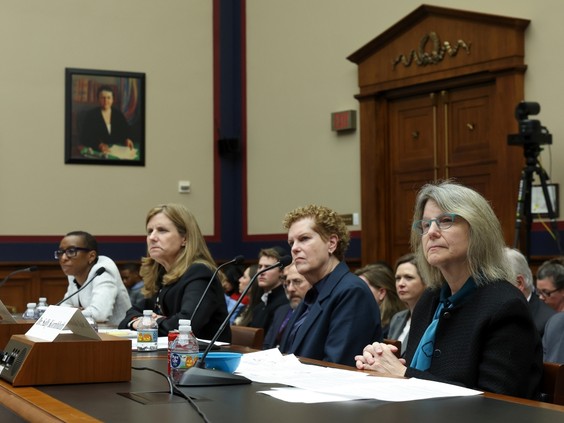North Korea Satellite Launch: Japan, US, South Korea Must Strengthen Preparations
The Korean Central News Agency reported that a new model of rocket was launched successfully, and the spy satellite loaded on the rocket accurately entered into geocentric orbit. It claimed that this spy satellite had also filmed an Air Force base in the U.S. territory of Guam.
On the other hand, the Japanese Ministry of Defense is saying that it “is at this point not confirming whether the satellite had entered into an orbit around the Earth.” Japan, the U.S. and South Korea are analyzing the situation.
There was no damage from falling objects, and the Japan Self-Defense Forces did not take any measures to shoot down any objects. The launch was earlier than the Nov. 22 to Dec. 1 timeline that North Korea reported. Once again, it is understood that North Korea is a country which cannot be trusted in the least.
For a satellite to enter into geocentric orbit, it must exceed the speed of an intercontinental ballistic missile. The rocket that carried the satellite is a ballistic missile, which was banned from North Korea by a resolution of the United Nations Security Council. The launch is completely unacceptable. North Korea should immediately renounce its nuclear missile capabilities.
North Korea is closely monitoring the military movements of the U.S., Japan and South Korea via satellite and would use it for both nuclear and non-nuclear missile attacks.
Japanese Prime Minister Fumio Kishida stated that the satellite is a “serious threat that affects the safety of the people.” His criticism of the launch is justified, but the North Korean dictator is not affected by it. Japan and other countries must impose even more penalties on North Korea.
In a declaration from Japan's Chief Cabinet Secretary, the government announced that it will steadily work hard on measures to drastically strengthen defense capabilities, including counterattack capabilities. Deployment of launch range missiles to the JSDF must be hastened.
This time, J-Alert, a nationwide, instantaneous alert system was functional, but it was disappointing to learn that there are almost no vital underground shelters in Japan. Why is construction not being rushed?
North Korea will probably not give up until the spy satellite is successfully used. The Korean Central News Agency alluded to plans to launch several spy satellites soon.
After launches failed in May and August, North Korea is hoping for technical cooperation from Russia. Russia must not act against the United Nations Security Council resolutions that its own country approved. China must also alter its protective stance toward North Korea.
North Korea and other despotic countries such as China and Russia are disturbing the peace. Cooperation between Japan, the U.S. and South Korea is essential. In addition to diplomatic cooperation, we hope that the three countries will promote the joint sharing of intelligence in detecting North Korean missiles, as well as holding joint drills.

